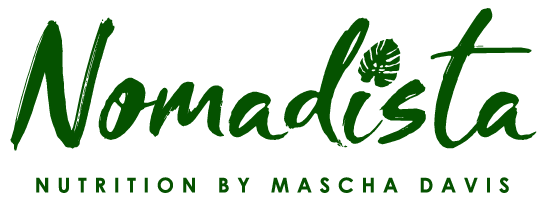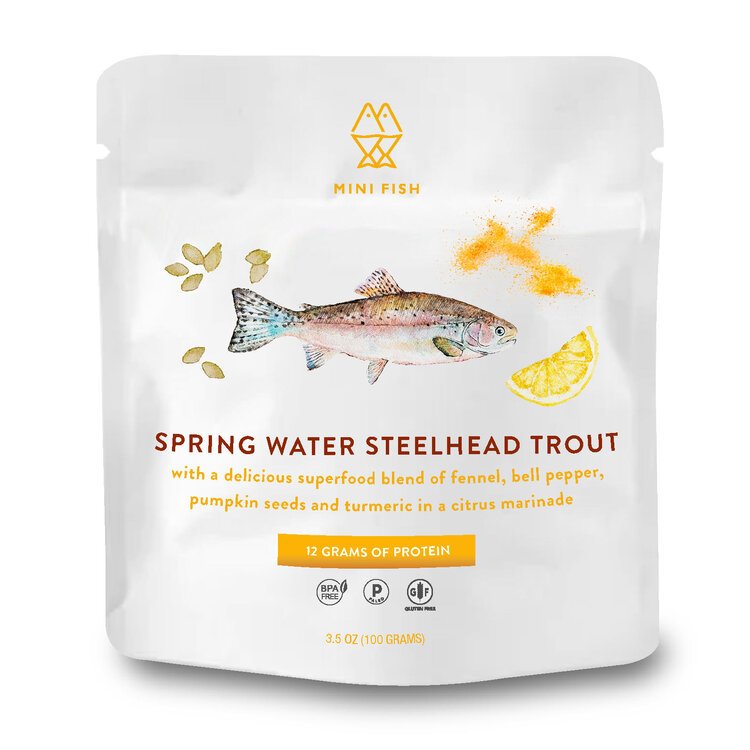When you think of fish, does the term omega-3 come to mind? Fish are an excellent source of essential omega-3 fatty acids. In this post we break down the truth behind why these fats are deemed essential and how to reap the benefits of this nutrient!
Before we get started, it’s important to note that not all omega 3-s are the same! There are actually three types. All omega-3s are polyunsaturated fats, but they can be further classified into:
EPA (eicosapentaenoic acid) and DHA (docosahexaenoic acid) which both come from fatty fish. These omega-3s both have anti-inflammatory properties and have been linked to the prevention and treatment for various diseases (see more below). EPA and DHA are called essential fatty acids because the body can’t produce them on its own, which is why we need to obtain adequate amounts from marine food sources
ALA (alpha-linolenic acid) are the omega-3s found in plant foods (vegetable oils, walnuts, flaxseed, hemp seeds, soybeans). Unfortunately, ALA omega-3s are not the active form of the fatty acid and therefore can’t be used by the body in the same way as EPA or DHA. To reap the same health benefits, ALA has to be converted into EPA and DHA, but this conversion rate is relatively low. For example, this study found the conversion of ALA to be 5-10% for EPA and 2-5% for DHA.
Why should you care about consuming more omega-3s:
EPA and DHA make up cell membranes and have an anti-inflammatory effect on the body. These fats are widely studied and have been shown to promote numerous health benefits.
Let's review some research:
Omega-3s are important for heart health and cardiovascular function. Both EPA and DHA are thought to improve plaque stability, decrease endothelial activation, and improve vascular permeability, which reduces the risk of experiencing a cardiovascular event such as a heart attack or stroke.
These fatty acids are important for us even before we are born! Omega-3 consumption in pregnant women has been shown to have numerous beneficial outcomes for fetal development. DHA, in particular, is a key structural component in the cell membranes of the brain and retina which makes it crucial for fetal nervous system growth and development.
Omega-3s, specifically EPA, may benefit athletes looking to improve recovery after high intensity exercise.
A wide variety of research shows that increased consumption of omega-3 fatty acids may improve outcomes for numerous other illnesses including alzmhiers, breast cancer, and depression.
How much is enough?
The Dietary Guidelines recommend that adults eat 8 or more ounces of seafood per week. The American Heart Association has a similar recommendation of eating 2 servings (3.5 oz) of fish per week. Unfortunately, most Americans are not meeting this due to the fact that the current western diet has changed over time and is high in saturated fats and low in omega-3 fatty acids.
However, you don’t have to fall into this category. You can start to increase your omega-3 consumption today in a number of really easy ways:
Add Mini Fish to salads, grain bowls or snack on the fish with crackers
Try an omega-3 supplement like this one from Kori Krill Oil
For whole food sources, try any small tinned fish like sardines, anchovies, or mackerel
Swap steak for salmon, tuna or trout when eating out
If you are vegan or don’t consume fish, I recommend a plant based Algae Omega 3 Supplement like this one from Nordic Naturals
Share below in the comments how you plan to add in more omega-3s!



